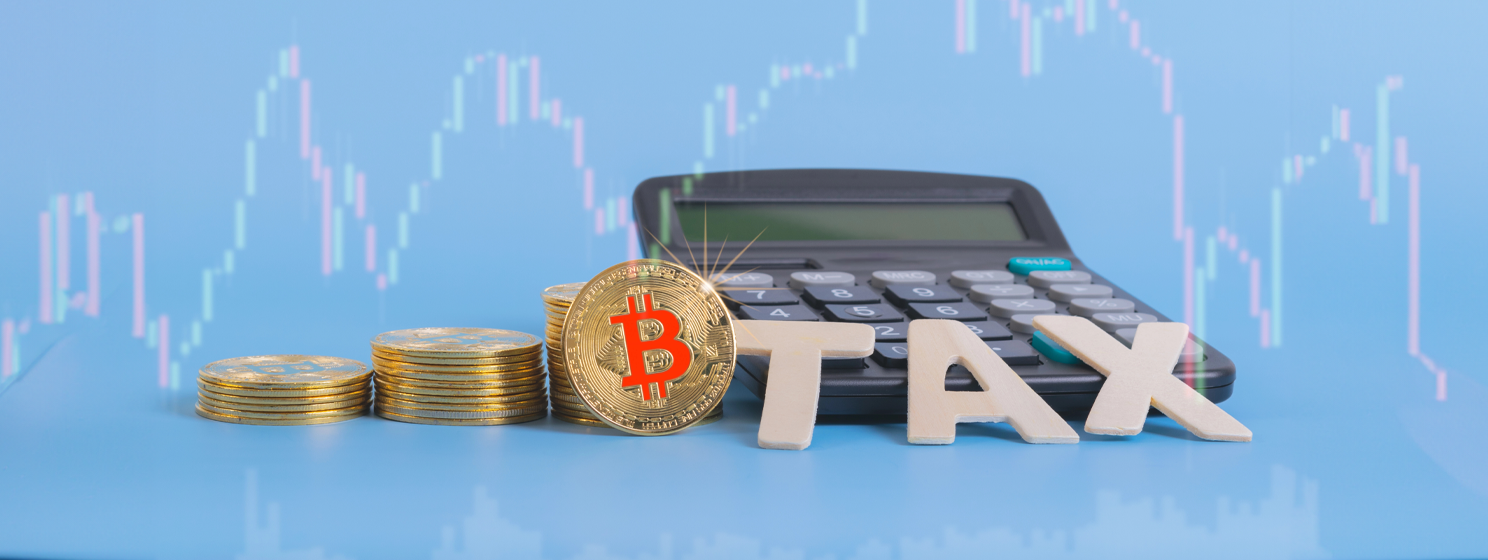|
Getting your Trinity Audio player ready...
|
On December 1, Commodity Futures Trading Commission (CFTC) Chairman Rostin Behnam testified at the U.S. Senate Committee on Agriculture, Nutrition, and Forestry’s hearing titled, Why Congress Needs to Act: Lessons Learned from the FTX Collapse.
Although the senators were upset that the hearing and the regulation that would follow come after the incident that caused some U.S. citizens to lose their life savings, the senators were generally optimistic about the future of digital assets and believed that the legislation that would prevent events like FTX collapsing is on the horizon. Here are a few key takeaways from the hearing.
Lack of regulation in virtual currency
Behnam says the reason why FTX was able to operate with a lack of internal controls and governance failures is because there is a gap that exists between the securities and commodities regulators.
“Based on the SEC’s (Securities and Exchange Commission) statement, they have authority to regulate security tokens, the CFTC, the authority stops at derivatives markets, we only regulate financial products whose price is based on an underlying commodity, so the gap that exists is called cash commodity digital tokens, the SEC does not have authority to regulate or oversee any commodity and we, the CFTC do not have any authority to regulate cash commodity markets,” said Behnam.
No government agency has authority over digital assets considered commodities and trade in the spot market (like Bitcoin), which means that digital asset exchanges like FTX that list these investment vehicles do not have to adhere to reporting requirements or industry standards for those activities. Unfortunately, this can lead to fraudulent business practices, as with FTX, ultimately leading to the exchange’s insolvency.
When will digital currencies be regulated?
Both Behnam and the senators believe that regulation will fix this, and Behnam believes regulation can be created within 12-18 months if all agencies move quickly. Behnam explained that legislation that results in a government agency having jurisdiction over cash commodity digital tokens would lead to better business practices by the entities that list these tokens on their platform. Behnam used LedgerX as a case study for this idea, although LedgerX was owned by FTX, the platform is completely solvent because it is a CFTC-compliant company. This means that LedgerX has to meet every law and requirement that the CFTC has in place, such as having financial resources for 12 months on a rolling basis, a custodian, and books and records that the CFTC can examine either directly or by way of the custodian at any point in time.
In light of the legislation conversation, Senator Roger Marshall (R-KS) asked whether digital currency markets should be “paused” until regulators sort out oversight. Behnam pushed back, explaining that if the markets are “paused” in the United States, American citizens will find a way to access the offshore service providers.
“I don’t see how we put a pause on it, from a U.S. perspective, we can try to ring-fence the country from crypto, but it’s going to exist offshore. We learned yesterday from the CEO of FTX that 2% of the customer’s exposure was from the U.S…… that’s not supposed to happen, but somehow, 2% of U.S. customers have exposure to FTX. Folks will find a way to get exposure to offshore entities and activities even if it’s prohibited in the U.S., and we have to do something about that,” Behnam said, adding that the solution is to find a balance between regulation and innovation.
“It’s a balance between providing sufficient statutory authority and direction but not too much, not too prescriptive such that the agency can’t evolve with the marketplace through the rulemaking process,” he said.
What to expect next
The collapse of FTX has incentivized lawmakers to create regulations for the digital asset markets that better protect consumers so that the chance of an incident like FTX ever happening again is significantly reduced. The legislation will result in a government agency having jurisdiction over cash market commodity digital tokens because that’s currently where a gap exists when it comes to regulation. Senators are eager to work alongside the CFTC and SEC representatives to bridge that gap because it allows some market participants to run their businesses by way of shadowy and dishonest business practices.
With the proper legislation in place, industry participants will have to abide by strict reporting requirements and operation standards yet, will have room to innovate and contribute to the growth of the digital asset industry.
Watch: The BSV Global Blockchain Convention panel, Law & Order: Regulatory Compliance for Blockchain & Digital Assets

 03-05-2026
03-05-2026 




